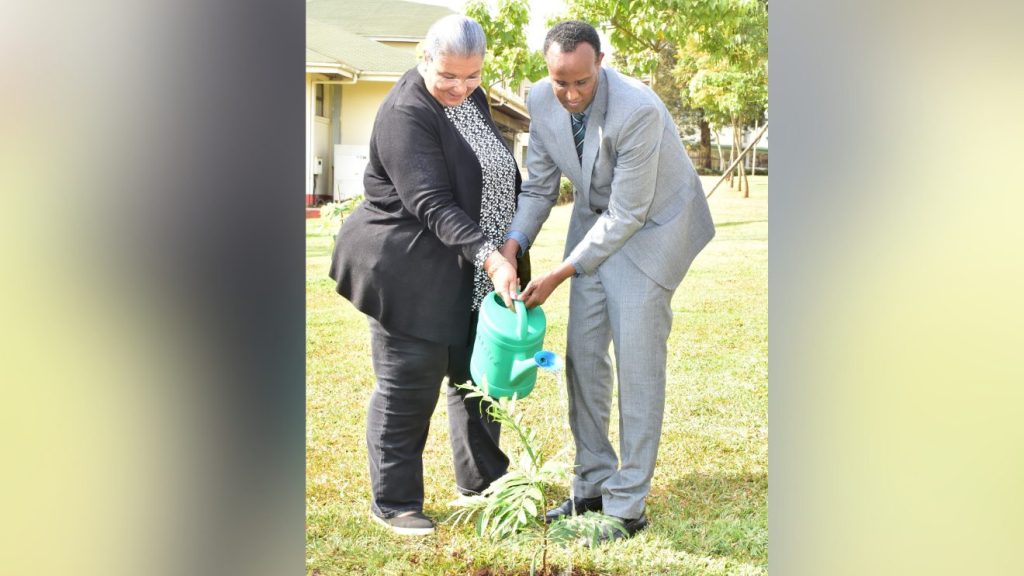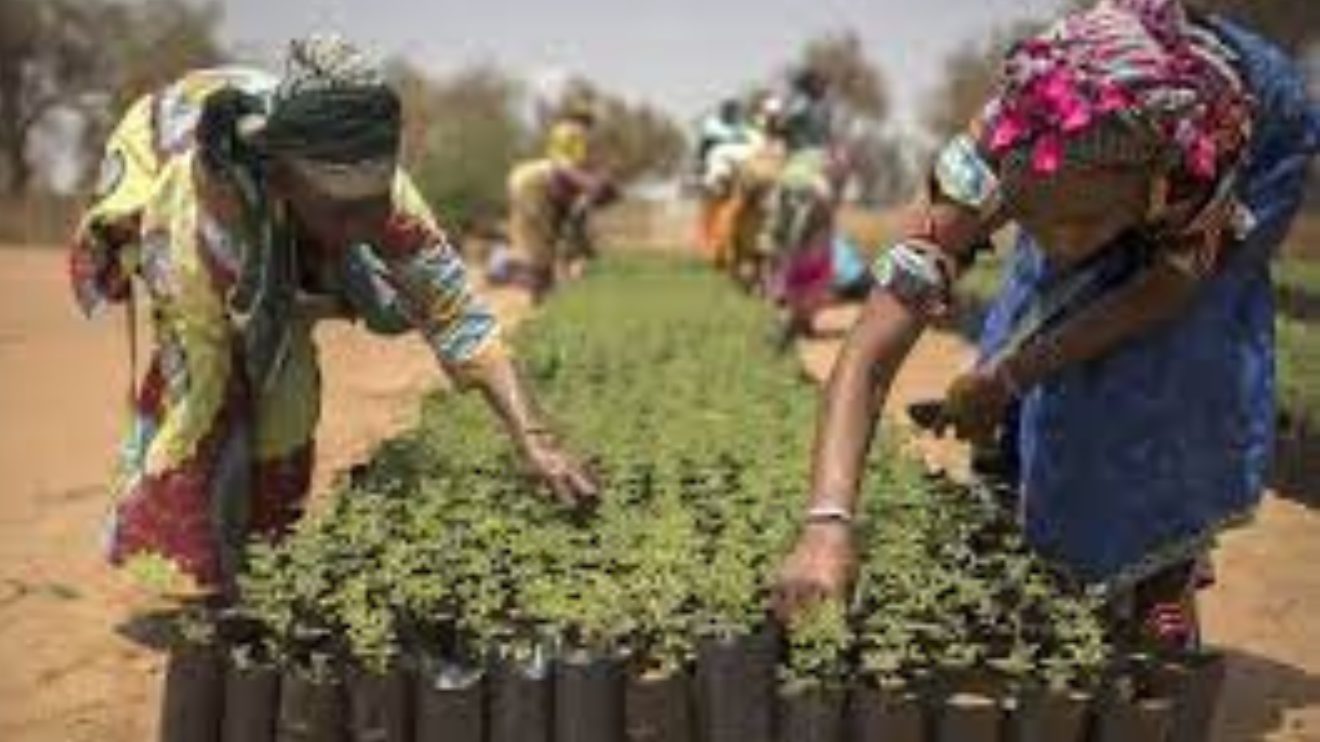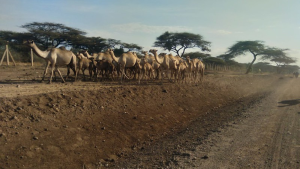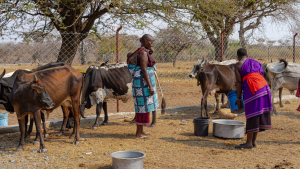East African institutions transforming regional responses to climate and security risks by collaborating on advanced early warning systems that use predictive data to inform policies promoting peace and stability.
Hey there, climate warriors! Today, we’re diving into some exciting developments in East Africa that show how working together can make a big difference in tackling climate change and promoting peace. Let’s break it down!
The Power of Teamwork
Imagine if your weather app could not only tell you when it might rain, but also help prevent conflicts in your community. That’s kind of what’s happening in East Africa right now! The United Nations and regional organizations like IGAD Climate Prediction and Application Centre (ICPAC) are joining forces to address both climate change and security issues together.
UN Special Envoy for the Horn of Africa, Ms. Hanna Tetteh, put it perfectly:
“Climate change is a critical driver of conflict in the Horn of Africa, and our partnership with world-class institutions such as ICPAC is essential in strengthening early warning systems that provide real-time data. These systems are key in saving lives and livelihoods by enabling communities to prepare for and mitigate the impacts of climate-related crises before they escalate.”
Early Warning Systems: More Than Just Weather Forecasts
East Africa, including Kenya, has become a world leader in developing advanced early warning systems. These aren’t just about predicting the weather – they’re about understanding how climate changes can lead to conflicts and instability.
ICPAC Officer-in-Charge Dr. Abdi Fidar emphasized this point: “ICPAC’s collaboration with the UN has been key in advancing climate security efforts in the Horn of Africa. Our early warning systems play a key role in addressing the impacts of climate change on peace and security in the region.”

Why This Matters for Kenya
Kenya, like its neighbours, is feeling the heat from climate change. Droughts are becoming more frequent, affecting farmers and herders. This can lead to conflicts over scarce resources like water and grazing land. By using these early warning systems, Kenya can:
- Better prepare for climate disasters
- Prevent conflicts before they start
- Allocate resources more effectively
- Develop long-term strategies for peace and climate resilience
Real-World Impact
Imagine a situation where data predicts a severe drought in Northern Kenya. Thanks to these collaborative efforts:
- Farmers and herders can be warned in advance
- The government can prepare aid and resources
- Mediators can step in to prevent potential conflicts over water sources
This proactive approach can save lives, protect livelihoods, and maintain peace.
These aren’t just about predicting the weather – they’re about understanding how climate changes can lead to conflicts and instability.
The Road Ahead
The recent visit of UN Special Envoy Hanna Tetteh to ICPAC highlights how important this collaboration is. By bringing together climate science and conflict prevention, East Africa is creating a model that could be used worldwide.
“As the region grapples with the dual challenges of climate change and conflict, IGAD institutions like ICPAC are at the forefront of building resilience through data-driven solutions,” Ms Tetteh noted.
For us Kenyans, this means a more stable and resilient future. It’s a reminder that when we work together and use smart technologies, we can face even the biggest challenges – like climate change and conflict – head-on.
What You Can Do
Stay informed about climate and security issues in Kenya. Support organizations working on climate resilience in your community. And remember, every action to combat climate change, no matter how small, contributes to a more peaceful and stable future for all of us!
Let’s keep the conversation going! What are your thoughts on using data to prevent conflicts and address climate change? Drop a comment below!



